When my parents named me Zachary, they did so because it wasn't a very common name back when I was born. Apparently, lots of other new parents at the same time had that same idea, because now my name is very common. A benefit of this is that I've never had to go through someone mispronouncing my name.
Actually, that's an overstatement. I did have it mispronounced once or twice: by a substitute teacher in high school, who was, I believe, from Bulgaria. This is small potatoes, however, next to what was the norm for many of my classmates. My hometown (Quincy, Massachusetts) has historically been demographically very white. This has changed over the past generation or so with a tremendous amount of immigration, much of it from eastern Asia; thus Quincy now has a lot of people my age whose parents were born abroad. I attended Quincy public schools from first grade to twelfth, and one constant was that, while most of the teachers and administrators were not from recent immigrant populations, many students were. (In fact, the student body of my high school was about half Asian-American, half otherwise.) This involved a lot of cases of students' names being mispronounced during attendance. (In fact, a Latin American girl's last name was actually mispronounced during graduation by the Vice-Principal, who did not catch himself.) So, I was very lucky; except for that one Bulgarian sub, everyone knew how to pronounce the name Zachary.
That changed for me here in Argentina, where I'm currently studying abroad. Whenever strangers say my first name aloud (for example, when my name is called so I can get my order in a cafe), it is almost invariably pronounced with the stress on the second syllable and the "ch" pronounced as a "ch". This initially bamboozled me. The name is so omnipresent in the U.S. (at least in my experience), and the U.S. possesses such cultural capital (you ought to hear how pop music back home invariably plays in business places here in Buenos Aires), I would have naturally assumed that people would recognize it.
Why am I fixating on this? Well, of course, a person's name is kind of important, and hearing it mispronounced is a little jarring. Getting used to it, I suppose, is just another fruitful culture shock of being abroad, and, for that, I'm very grateful.
The big thing, though, is that this is one little example of how we estadounidenses (especially those of us whose parents were not born abroad), though our prevailing culture has indeed come to take over the world to a great extent, need to be conscious of cultural diversity. What to us is obvious and normal may not be so in other parts of the world. Our country prides itself on being a nation of immigrants and having sufficient cultural space for love of diversity. This is a very beautiful thing, and experiences like mine are a good way to be nudged along on the path of not forgetting this.

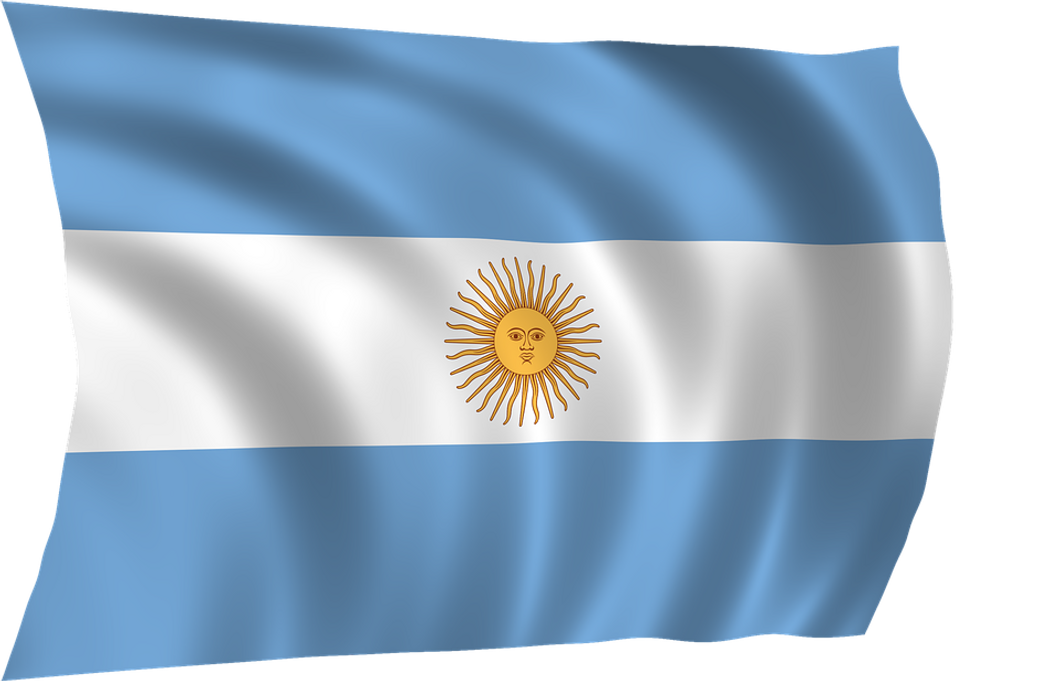


 Photo by
Photo by 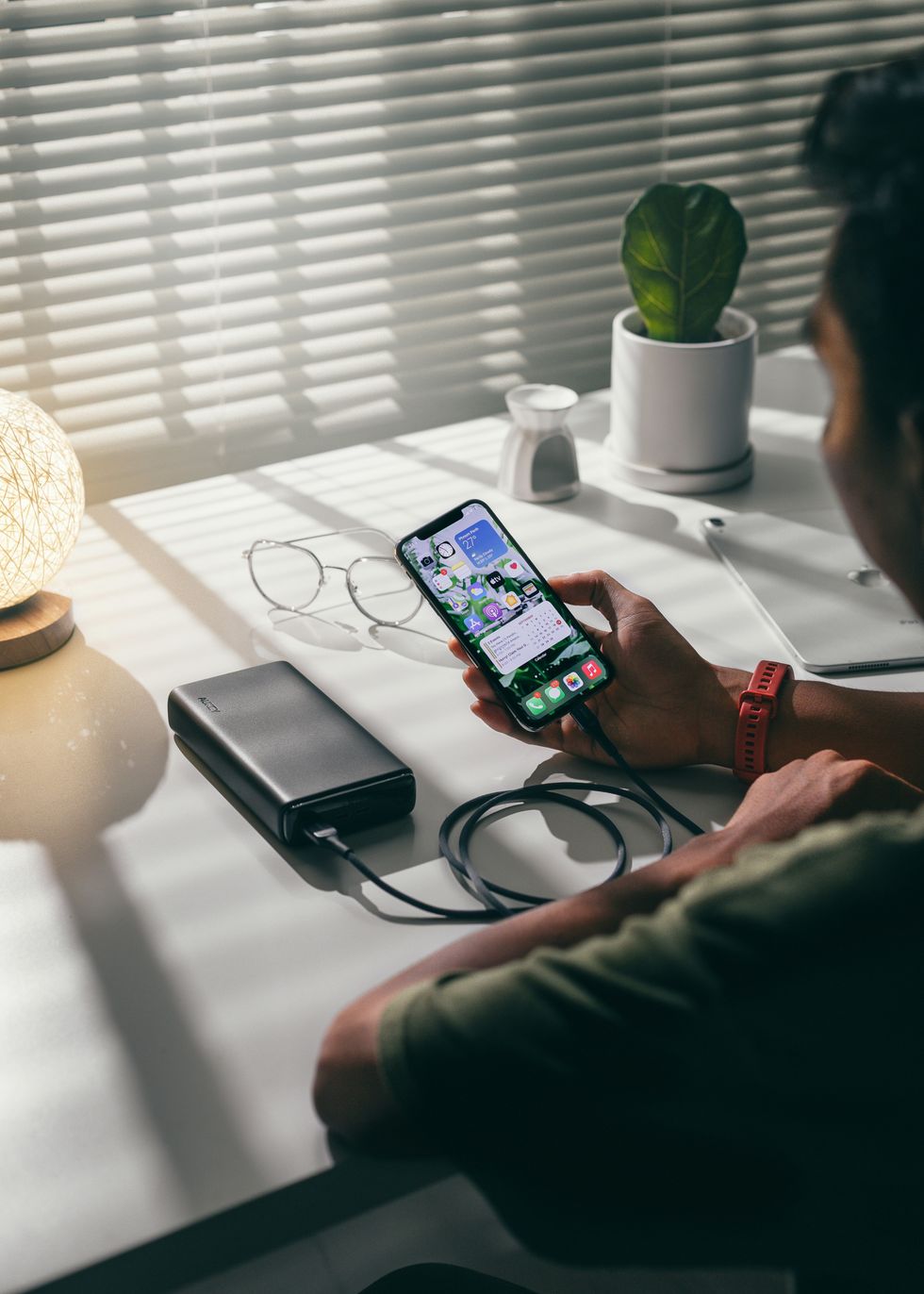 person holding black smartphone on white textile
Photo by
person holding black smartphone on white textile
Photo by 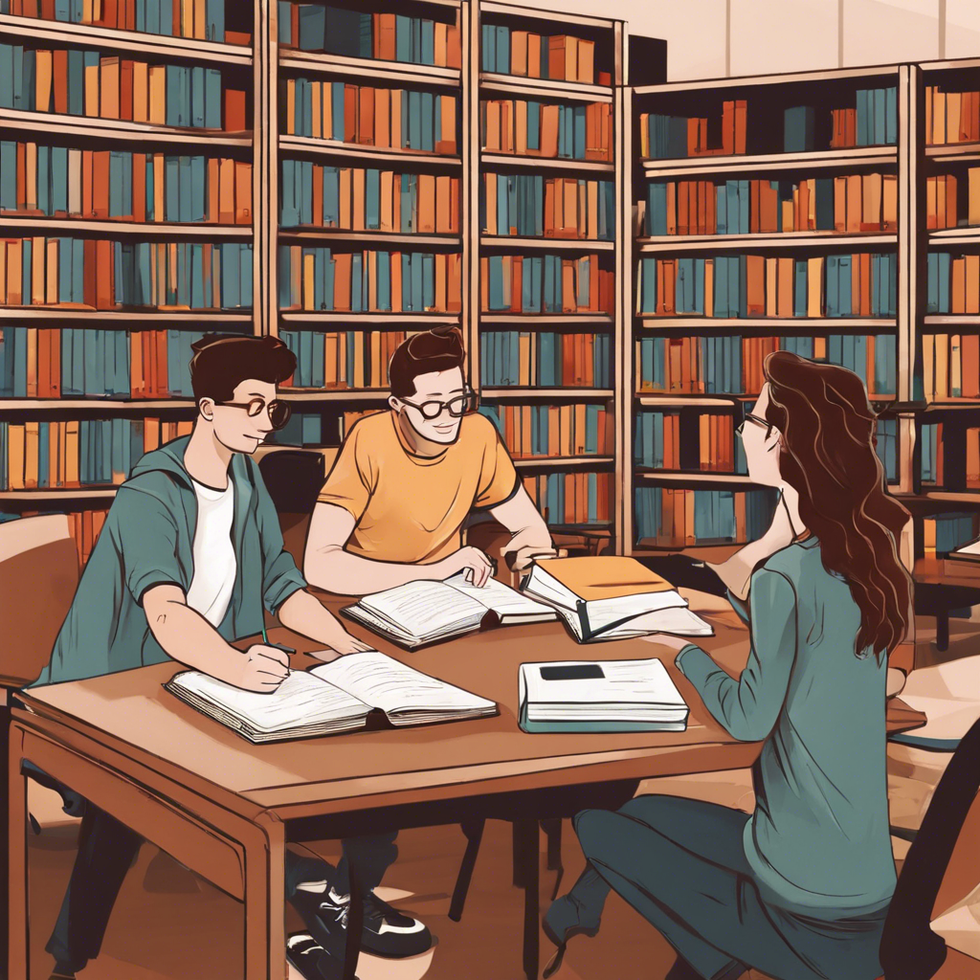 StableDiffusion
StableDiffusion
 Photo by
Photo by  Photo by
Photo by 
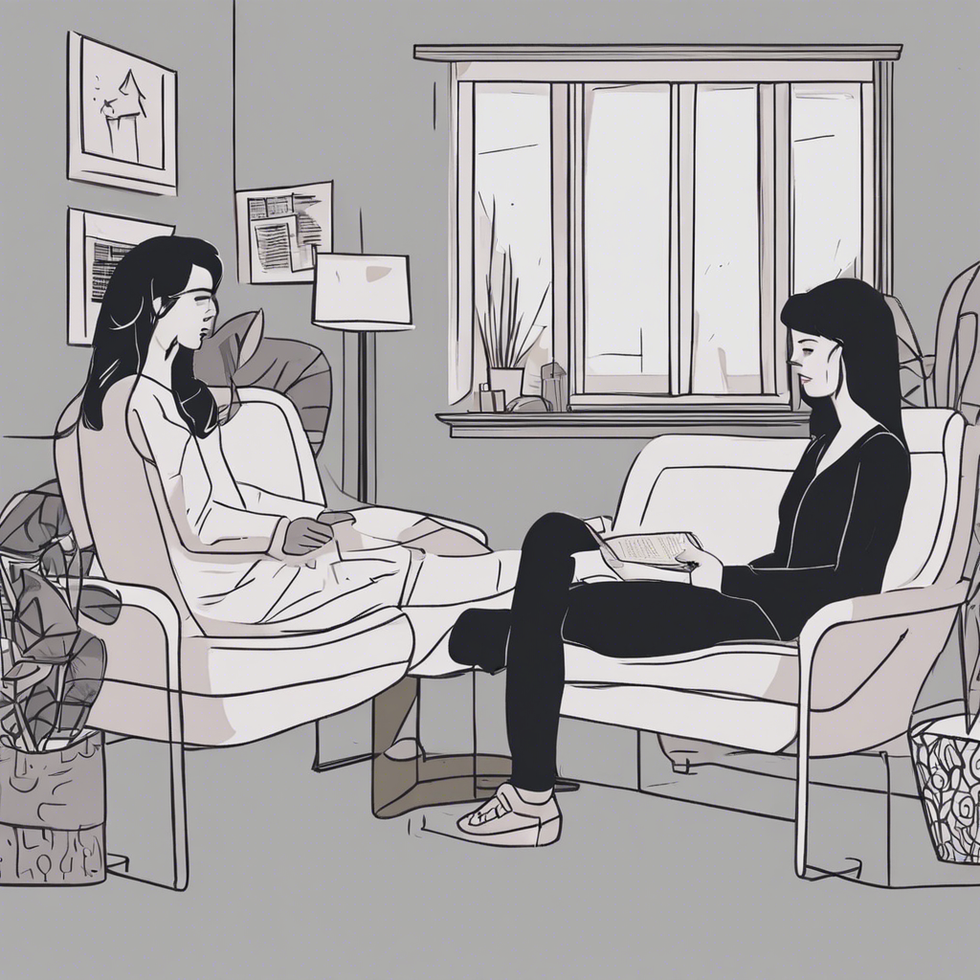 roommate as a therapist
StableDiffusion
roommate as a therapist
StableDiffusion
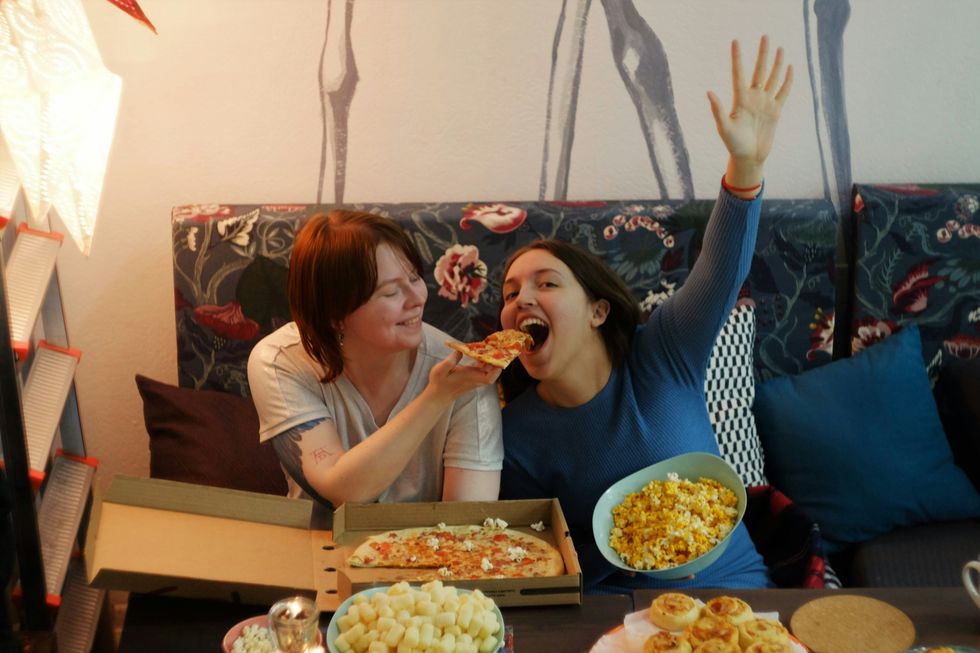 woman in white shirt eating pizza
Photo by
woman in white shirt eating pizza
Photo by  person holding remote pointing at TV
Photo by
person holding remote pointing at TV
Photo by  person holding assorted clothes in wooden hanger
Photo by
person holding assorted clothes in wooden hanger
Photo by  a couple of
a couple of  friends cleaning apartment
StableDiffusion
friends cleaning apartment
StableDiffusion
 man driving car during golden hour
Photo by
man driving car during golden hour
Photo by  bacon strips and melted cheese topped fries on oval white and blue platter with gray stainless steel forks
Photo by
bacon strips and melted cheese topped fries on oval white and blue platter with gray stainless steel forks
Photo by  selective focus photography of eyeshadow palette
Photo by
selective focus photography of eyeshadow palette
Photo by  brown wooden framed white padded chair in between green indoor leaf plants inside bedroom
Photo by
brown wooden framed white padded chair in between green indoor leaf plants inside bedroom
Photo by 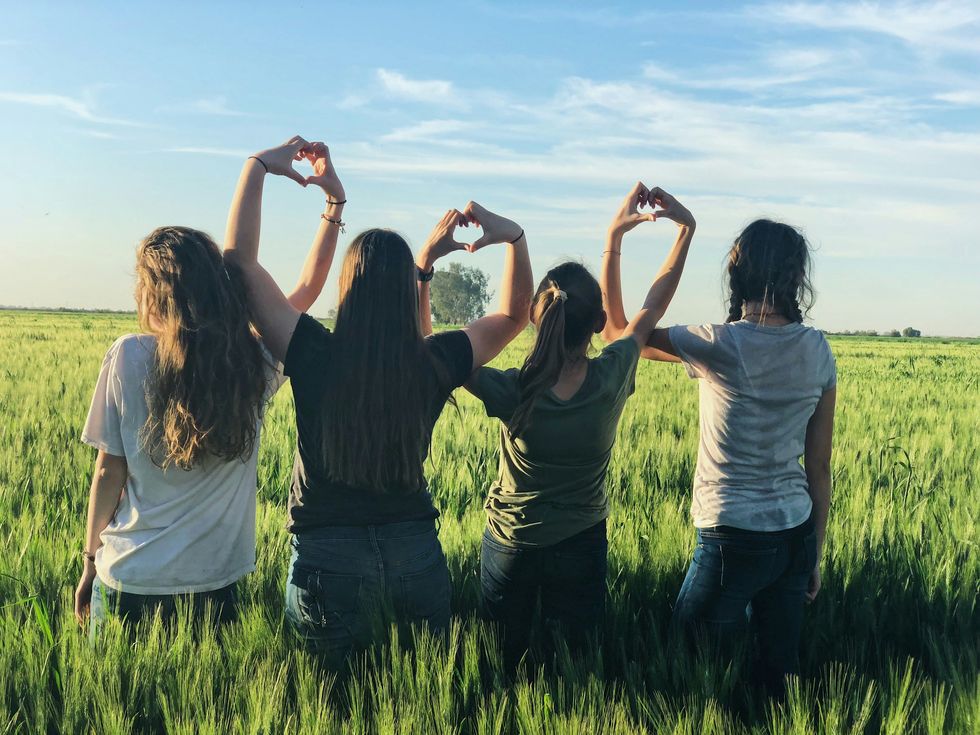 women forming
women forming  taking
taking  man in red polo shirt pouring wine on clear wine glass
Photo by
man in red polo shirt pouring wine on clear wine glass
Photo by  woman in black jacket standing on road during daytime
Photo by
woman in black jacket standing on road during daytime
Photo by 
 StableDiffusion
StableDiffusion
 StableDiffusion
StableDiffusion
 student thinking i shouldnt have procrastinated all semester
StableDiffusion
student thinking i shouldnt have procrastinated all semester
StableDiffusion
 Photo by
Photo by  Photo by
Photo by  Photo by
Photo by  StableDiffusion
StableDiffusion
 StableDiffusion
StableDiffusion
 Photo by
Photo by  Photo by
Photo by 


 Lumiere figure at the Disney Store at the Ala Moana Shoppi… | Flickr
Lumiere figure at the Disney Store at the Ala Moana Shoppi… | Flickr
















